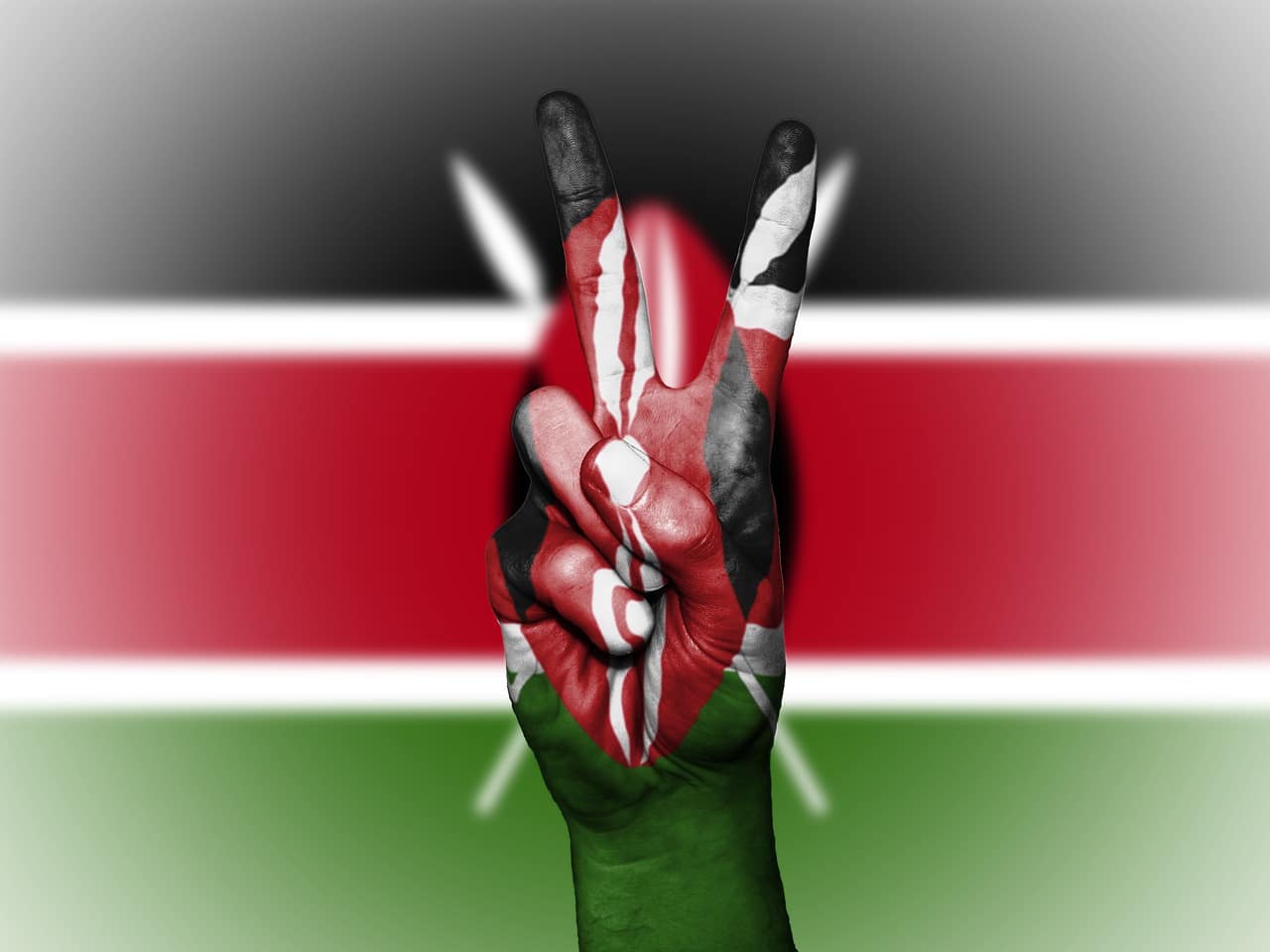On August 8, Kenyans will head to the polls to choose their next president. President Uhuru Kenyatta is seeking a second five-year term, and politician Raila Odinga heads the opposition — a slate of candidates similar to the one in 2013. But as detailed in African Arguments, nearly 15,000 candidates are running for office across the country at six different administrative levels, including, notably, a woman representative in each local county, reflecting the 2010 constitutional mandate for higher representation of women in government.
These various elections may be closely contested. Early reports of fake news (including non-pejorative, literally fake newspapers and leaflets) bring to mind the highly contentious 2007 election, when some 1,400 people were killed and several hundred thousand were driven from their homes. But much has changed since then. Ethnic politics, in which voters choose candidates solely based on their tribal identity, no longer serve as clear indicators of party loyalty. Kenya has also increasingly embraced the internet.
Shutdown would have drastic economic impact for digital innovator
Kenya is a leading digital innovator on the continent, boasting numerous internet companies and tech hubs. It also has some of the fastest mobile internet speeds in the world. According to the Communications Authority of Kenya, the government regulator, Kenyans transferred 1.17 trillion Kenyan shillings (about $11.2 billion) on mobile money platforms such as M-pesa, Equitel Money, and Airtel Money during the third quarter of the 2016-2017 fiscal year. In 2016, Sh 3.3 trillion (about $31.7 billion) traveled over M-pesa’s network alone, or about Sh 376.7 million (about $3.6 million) every single hour.
All of this bolsters the argument that Kenya should keep the internet on during the elections. Last year, five African governments disrupted the internet during elections. Kenya should not follow suit. The economy is increasingly dependent on the internet and Kenyans were quick to express their frustration in April when Safaricom, the largest internet provider, suffered a seven hour outage that resulted in lost M-pesa transactions of Sh2.6 billion (about $24.9 million). A government-ordered disruption would have a much more devastating impact on all aspects of the economy.
Officials are committing to keeping the internet accessible
Kenyan officials have poo-pooed any talk of shutting down the internet. Joe Mucheru, the ICT Cabinet Secretary, stated: “We are a digital country and that is not our intention. It is not even a remote fall back position.” And Francis Wangusi, Director General of the Communications Authority, explained: “We are using all possible means not to reach a level where the country can be in tension and force us maybe to take a drastic step.”
However, we can’t imagine a situation in which such a “drastic step” would be justified because internet shutdowns are by nature disproportionate — proportionality being a cornerstone of international norms — since they plunge entire regions into darkness. They do not restore order or protect rights. They also prevent people from getting access to emergency services, so vital in the face of violence or unrest, and make it harder for emergency workers to do their jobs and save lives.
New policy brief shows a shutdown would have no legal basis
The leading Kenyan digital rights collective KICTANet has just released an in-depth policy brief that analyzes internet shutdowns under Kenyan law. It concludes that “there is no legal basis for an Internet shutdown” and “calls upon state agencies to promote an open Internet during the elections and after.” The brief also offers a path forward for government agencies and stakeholders to understand the major issues at stake.
Accordingly, we urge President Kenyatta to firmly commit to keeping the internet on throughout the election, with no qualifications. Kenya can follow the example of Ghana — which held a peaceful election in 2016 — and use the internet to communicate clearly with Kenyans about the electoral process. This can include providing information that can help people stay safe and informed. Kenya is a member of the Freedom Online Coalition, a group of 30 governments committed to free expression, and has joined other nations in condemning internet shutdowns. We encourage Kenya to uphold the promise of the FOC coalition and #KeepitOn.
